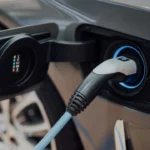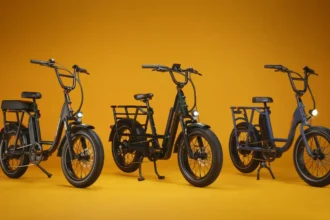Have you ever wondered why so many people fear electric cars might suddenly burst into flames? A major new study from the University of Queensland reveals something surprising about what people believe versus what actually happens with electric vehicles.
Researchers surveyed over 6,300 people across Australia, the United States, Germany, and Austria to understand how misinformation spreads about electric cars. The findings, published in Springer Nature Energy journal and reported by The Guardian, show that false beliefs are widespread and creating barriers to cleaner transportation.
The Reality Behind EV Fire Fears
The most shocking discovery involves fire safety myths. Nearly half of all participants – 47% – incorrectly believed that electric vehicles catch fire more often than gasoline cars. This belief is completely wrong, but it feels real to millions of people.
- Actual fire data tells a very different story. In Australia, only eight electric vehicle fires were reported by November 2024 – a remarkably low number considering thousands of EVs are now on Australian roads.
- Gasoline vehicles actually catch fire much more frequently than electric ones, but this reality hasn’t reached public understanding yet.
- Other false beliefs include claims that EVs don’t reduce emissions and that they emit dangerous electromagnetic fields – both scientifically incorrect according to Dr. Chris Bretter, the study’s co-author.
Understanding Why People Believe False Information
The research reveals that people with “conspiracy mentality” are most likely to accept false claims about electric vehicles. But what does this actually mean?
Conspiracy mentality isn’t about intelligence – it’s about how someone views the world. People with this mindset tend to believe that powerful groups secretly control events to harm ordinary citizens. They see hidden agendas everywhere and distrust official information, even when it comes from scientific research or government agencies.
This psychological pattern helps explain why some people reject factual information about electric vehicles, preferring to believe that car companies or governments are hiding dangers.
Testing Solutions: What Works and What Doesn’t
The researchers didn’t just identify the problem – they tested potential solutions. They tried two different approaches to change people’s minds:
| ChatGPT conversations where people could ask questions and get detailed answers about electric vehicle safety and technology | Fact sheets from the US Department of Energy providing official data and scientific evidence about EV performance |
| Results showed modest improvements in pro-EV attitudes, meaning some people became more positive about electric vehicles | Similarly modest gains occurred, but deep-seated beliefs proved difficult to change quickly |
What This Means Moving Forward
Dr. Chris Bretter emphasizes that addressing misinformation is crucial for our sustainable transport future. The study shows that education efforts can work, but they need to be more targeted and persistent.
For you as a consumer, this research highlights the importance of checking facts before making major decisions about vehicle purchases. Will better information campaigns eventually overcome these deeply held misconceptions about electric vehicle safety?











